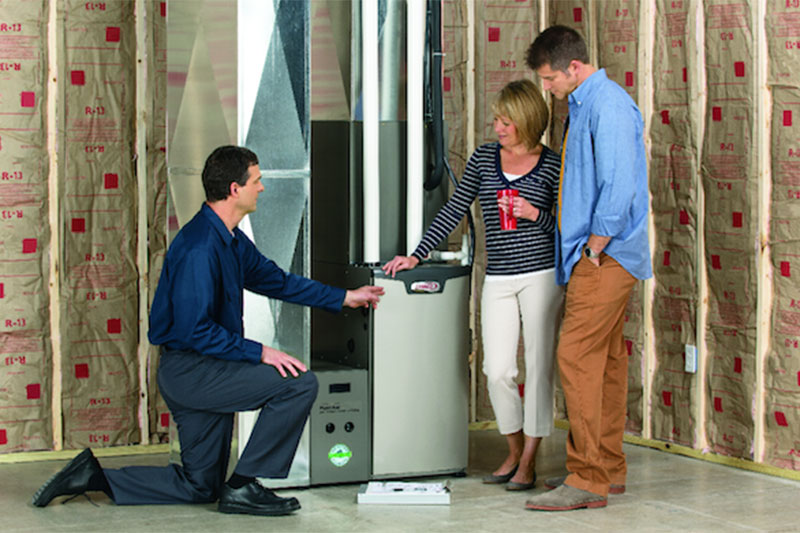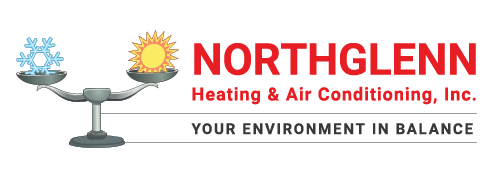
Natural gas furnaces need adequate space and airflow to work right.
Your furnace can overheat if it doesn’t have enough space. It also makes it challenging for our professionals to complete furnace repair.
Annual furnace maintenance is essential to keep your unit running trouble-free. An annually serviced furnace may work more efficiently, which could decrease your utility costs.
Related: How Does Furnace Maintenance Impact the Energy Efficiency of Your Home?
Maintenance often helps us discover troubles before they become expensive. This could help lower future repair costs and possibly prolong the life of your system.
So how much area should your system really have?
How Much Space Does My Furnace Need?
If you’re finishing your basement or closing off your furnace room, you should consult manufacturer instructions and Northglenn statutes for clearance rules.
As a general recommendation, your heater should be 30 inches away from furnace room walls on all sides. This permits our service professionals to comfortably work on it.
You also need to ensure the room has plentiful airflow and ventilation, especially if you have an older furnace with a metal flue.
Related: Furnace Service or Furnace Replacement: What to Consider
This type of furnace pulls combustion air from the nearby area. If there’s insufficient air, hazardous gas fumes and toxic carbon monoxide could flow back into your home.
If your furnace is located in a tiny room with a gas water heater, you may need to add extra openings. This could consist of a fully louvered door or vents in the walls.
You don’t need to consider airflow and ventilation as much if you have a up-to-date, high-efficiency furnace with PVC piping. Your furnace uses one pipe as an exhaust vent and the other to draw in air.
Keep Hazardous Items Separate from Your Furnace
Although furnace rooms are often also used for laundry and storage space, you should keep yours free of things that could be fire hazards.
This includes:
- Clotheslines
- Cleaning or laundry products
- Gasoline, paint or paint thinner
- Rags and papers
- Wood scraps and sawdust
- Used filters
If you have a cat, situate your litter box in another room. Cat urine contains ammonia, which could deteriorate your furnace’s heat exchanger. Plus, the furnace could move the smelly odors all over your home.
You should also regularly clean around your furnace to block dust from developing.
Related: Is it Time for Furnace Service or Replacement?
Trust the Local Pros for Furnace Service
Whether you have to have furnace replacement or routine maintenance in Northglenn, Northglenn Heating & Air Conditioning can expertly handle your needs. Our highly trained technicians can work on any heating equipment model or brand.
Call us at 303-452-4146 or use our online scheduler to request an appointment today.
